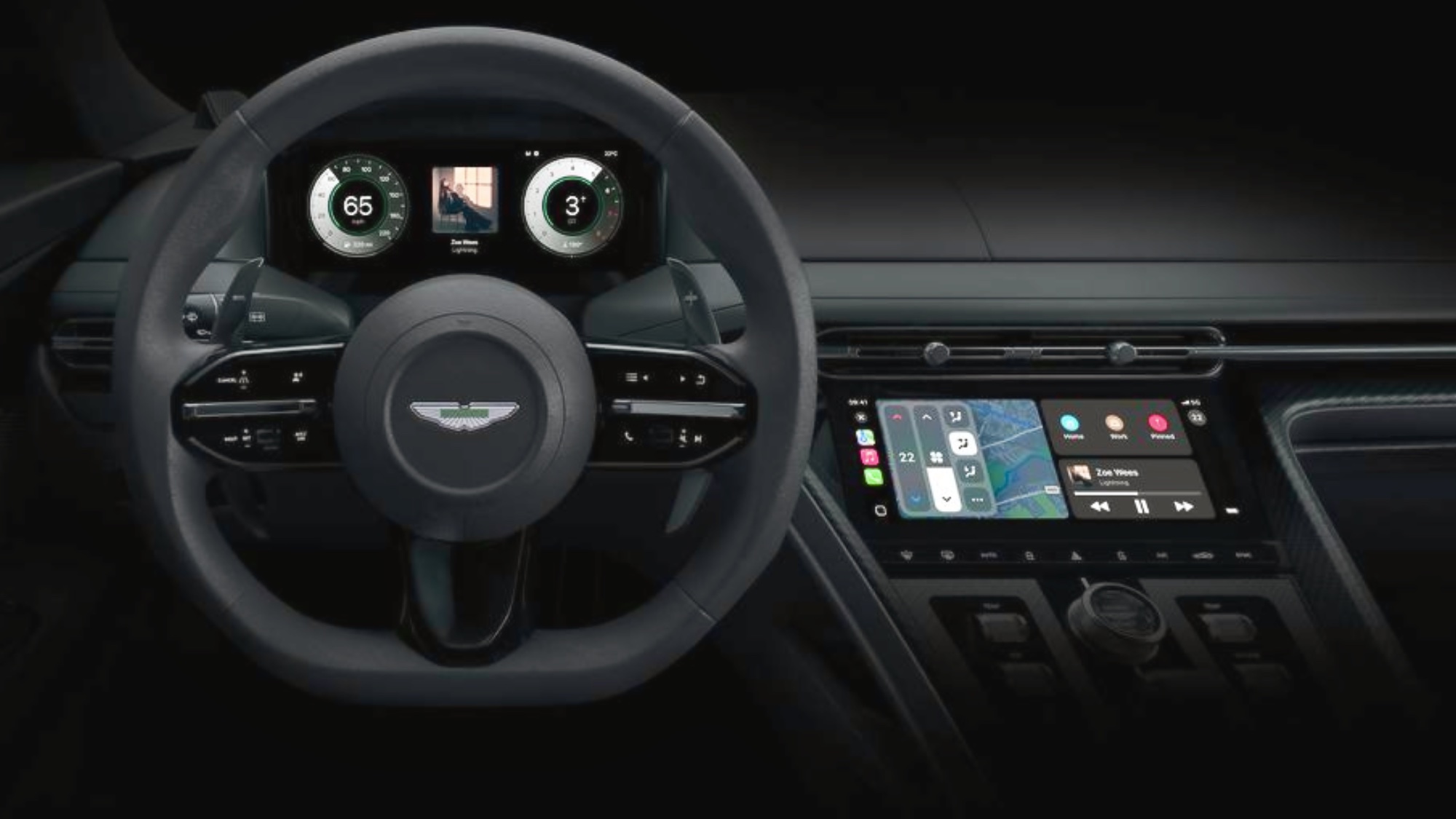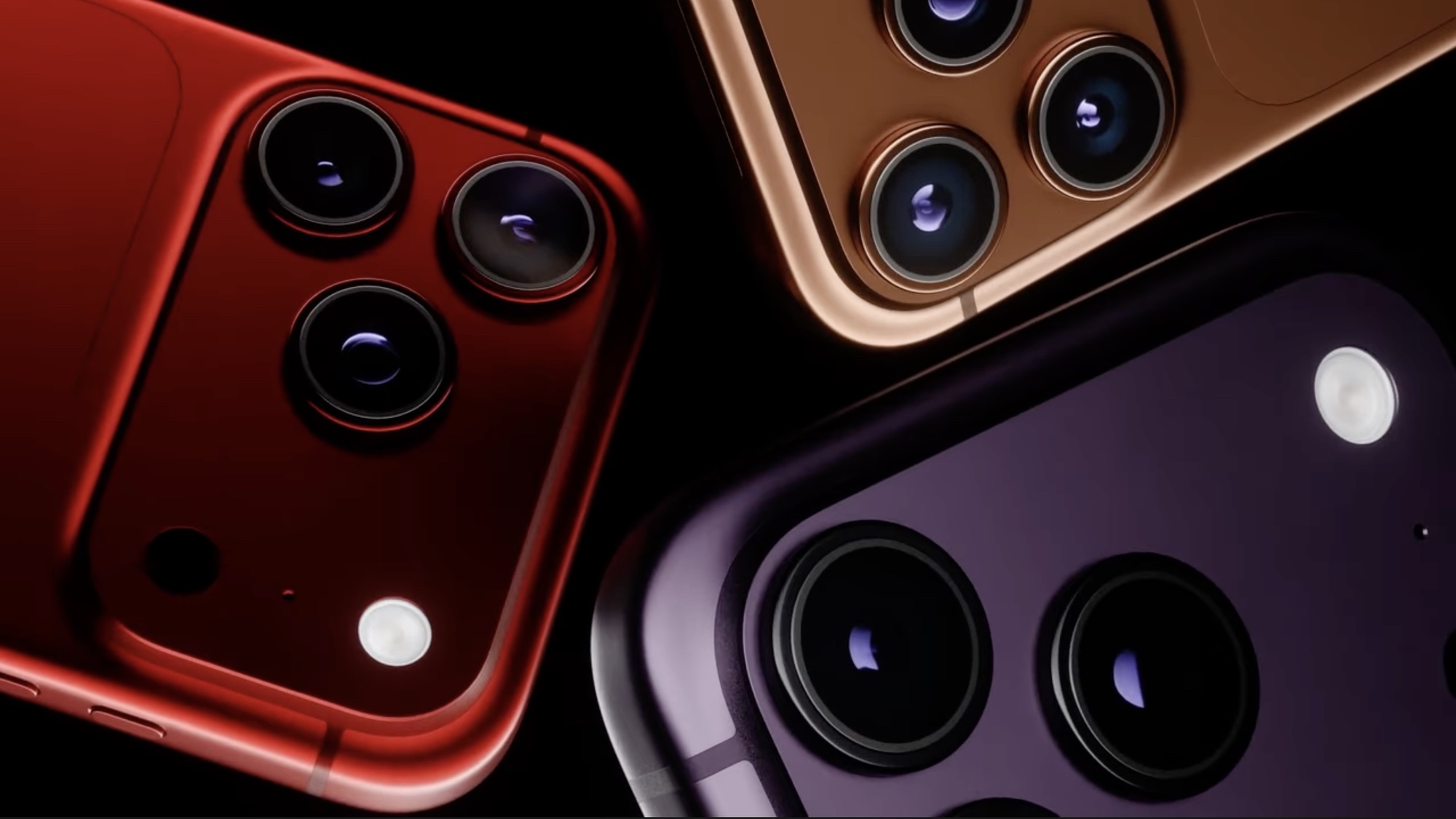AI in 2024 — the biggest new products and advancements on the way
While 2023 was the year of AI, 2024 will be the year we use it.

We have just come to the end of a year where artificial intelligence was the buzzword. We had new generative AI tools and applications springing up every week but that is nothing to what next year will bring. We’re about to see AI everywhere, in everything and probably all at once.
Based on rumors from the upcoming CES trade show alone,. we’re going to see generative AI in fridges, toys, exercise equipment, lawnmowers and in our cars. Chatbots will allow us to interact with objects the same way we talk to ChatGPT today, and AI vision technology will give appliances the ability to see what we’re doing.
The reality is that we’ve just seen a year where the floodgates of decades of research were blown open. New breakthroughs in technology were coming all the time and investment reached record highs. But investors will want a return on that money, and 20024 looks to be the year we’ll see those AI models in real products.
Running AI models locally
One of the most significant changes we saw in the second half of 2023 was the arrival of open-source, fully capable small language models that can run on phones, laptops and even consumer devices.
This opened the door to Apple potentially launching a new version of Siri that has the power and capabilities of ChatGPT without sending sensitive data to the cloud. Rumors suggest that could happen with iOS 18, set for release in the fall of 2024. Google also unveiled Gemini Nano, its own small language model that is already available for the Pixel 8 Pro.
This is a trend likely to increase next year, with Mistral AI, the company behind the Mixtral model, suggesting we could see a system as powerful as GPT-4 but that runs on a local machine next year.
The arrival of Intel’s Meteor Lake chips, and the laptops running them, also increase the likelihood that Copilot, Microsoft’s chatbot and AI platform, will run locally without sending data to the cloud.
Get instant access to breaking news, the hottest reviews, great deals and helpful tips.
Generative AI in everything

AI has been in products for years. From the smart fridge capable of reminding you to buy milk to the card with Apple’s Siri enabled. What they don’t have is the processing and reasoning capabilities of generative AI and foundation AI models like ChatGPT, Google Gemini or Claude 2.
This will be a game-changer for the consumer technology industry. We will have coffee machines that recognize what you like to drink, who is making the coffee and make adjustments for each person. We could see calls handled by responsive chatbots able to hold a conversation, or cars you can talk to.
The Consumer Electronics Show (CES) in January is already being dubbed an AI-event. Companies are preparing announcements around AI laptops, robot vacuum cleaners that use AI vision tools to properly understand the environment and health tech that learns as you use it.
Photoshop won’t be the only software that includes AI image generation. It will be part of any image editing tool and we could start to see it coming to digital cameras. Generative video is going to mature, and we will see its inclusion in video editing software, along with greater use of synthetic voice tools.
What is the downside?
Like any shiny new technology AI in 2024 will be the year when a thousand flowers are left to bloom, irrespective of their impact on the wider environment or how it looks on the ground.
There will also be a simultaneous push to change copyright law, improve protection for workers and companies from risks posed by the more widespread use of AI, and greater calls to ensure AI chatbots are properly aligned to human values and are safe for all ages and people.
As companies like Amazon with Alexa, Google with Assistant, and Apple with Siri put large language models behind their chatbots, the risk of completely made-up information and even insulting behavior will need to be tackled.
While early adopters of tools like ChatGPT accept the risk, that won’t be the case if someone is interacting with a $50 gadget in the kitchen while their children are in the room.
More from Tom's Guide
- I cover AI for a living — here's what I'm most excited about from Web Summit 2023
- Outlook for Windows is getting a big upgrade with Copilot AI integration
- I tested YouTube’s new AI feature — what it does and how it works

Ryan Morrison, a stalwart in the realm of tech journalism, possesses a sterling track record that spans over two decades, though he'd much rather let his insightful articles on AI and technology speak for him than engage in this self-aggrandising exercise. As the former AI Editor for Tom's Guide, Ryan wields his vast industry experience with a mix of scepticism and enthusiasm, unpacking the complexities of AI in a way that could almost make you forget about the impending robot takeover.
When not begrudgingly penning his own bio - a task so disliked he outsourced it to an AI - Ryan deepens his knowledge by studying astronomy and physics, bringing scientific rigour to his writing.
 Club Benefits
Club Benefits





